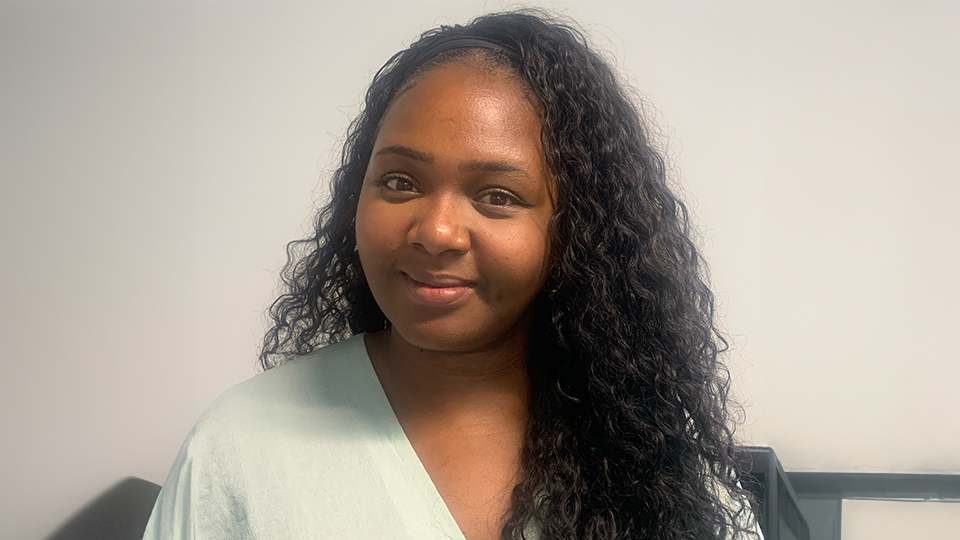


When someone is dealing with depression, maintaining a relationship can sometimes be a challenge. It can also be difficult for their spouse or partner, particularly if they're uncertain of what to do to help.
Depression isn’t something that either person in a relationship can ignore, but it's something that can be addressed together. We have looked at how you can support one another and the steps you can take to stop depression symptoms from becoming a destructive force in your relationship.
Advice for someone with depression
Communicate
Depression can drain your energy levels to the point where you feel too tired to talk or even be around a person. It can also leave you thinking that you're undeserving of anything good, including a relationship. These feelings may be causing you to withdraw, but any distance between you and your partner, or other family members and friends, can leave you feeling worse.
We understand that the idea of being open and honest about your depression may be uncomfortable, but it's an incredibly helpful conversation to have.
When you feel ready, think about how you want to talk to your loved one about it. Would you feel more comfortable sitting down and having a conversation face-to-face, talking when you're out together, or when you’re both on the sofa watching a film? Perhaps you may wish to write some ideas down first.
During your talk, let them know about your symptoms. Try to describe the thoughts and sensations that you experience, as well as the behaviours they may notice, such as struggling to get out of bed, distancing yourself or seeming quiet in conversations.
Put together a plan
Allow your partner to understand and support you. When you're talking about your depression, work together to formulate a plan of things that you’d appreciate they did to help out. It may be going for a walk together, allowing you to have 5 minutes alone, taking the night off from responsibilities together, or giving you the space to pause and rest.
Also, decide how you want to communicate going forward. Try to remain open and honest so you both continue to understand how each other are thinking and feeling.
Look after yourself
Prioritise your health and wellbeing. Read our article on how to cope and find out about the strategies that you can put in place to better manage depression symptoms. These coping strategies, including diet and exercise, relaxation techniques and meditation, can help you to ease your symptoms and manage your condition on a day-to-day basis.
Also, get access to professional depression treatment. There's nothing wrong in needing a little bit of help every now and again, and depression can worsen without the right intervention. Getting the right support - which may be on an ongoing basis - can help you to better manage your symptoms, and live the life you want and deserve.
There's a broad range of professional support options available for depression. At Priory, our consultants are able to provide you with an assessment and a recommended treatment plan, which may include therapy, day sessions, or residential treatment if you'd benefit from time away from your everyday life to focus on getting better.
Supporting a partner with depression
Learn as much as you can about depression
There's no set experience of depression. People have different symptoms, their depression is caused by different factors, and it affects them at different moments.
There are different types of depression too – read our page on depression types to find out more.
Taking the time to learn about depression can help you get a better understanding of what your partner is going through, and help you to identify when they're struggling.
It can be easy to take certain symptoms of depression to heart, especially if the person is negative towards you or seems to be distancing themselves. Instead of taking these things personally, remember their negativity will mostly be a symptom of their mental health condition.
Work together
Some people with depression have the tendency to withdraw from others as they feel exhausted, ashamed and as though they're unworthy of anything good. As the partner of someone with depression, this can leave you feeling helpless and alone.
Encourage your partner to have an open and honest conversation with you about how they’re feeling. Ask them about what changes you can make together to help them feel better, and what they need from you when they're dealing with their symptoms.
With depression, it can be difficult to know what to do or where to turn to in order to feel better. Suggesting that you work as a team can show that you're there for them, and that this is something they don’t have to struggle with alone. Instead, it's something that you can work through together.
You may want to suggest lifestyle changes, such as going for daily evening walks or starting a new hobby together. Also, talk to them about booking an appointment with their GP in order to get a better understanding of the support and treatment that’s available to them. You can also speak to our team at Priory to learn more about how we can support both of you. Our consultants are able to provide mental health assessments and treatment plans, which can include therapy sessions, medication and residential stays if necessary.
Look after yourself
Remember to look after your own health and wellbeing. You don’t want to burn out, and taking good care of yourself can make sure that you're in the right space to support your partner.
Doing simple things can help. Enjoy time with your family and friends (even if it's virtually), spend a few hours doing something that makes you happy, eat well, get enough sleep and try to get appropriate exercise. This isn’t selfish; it's important in helping you manage the depression within your relationship too.
It’s also OK to vocalise to your partner when you need alone time or a bit of extra support. You both need to be open and honest, and that means sharing when you’re having a hard time too.
Couples therapy for depression
At Priory, our therapists offer couples therapy to people dealing with depression within their relationship. Your therapist will help you to understand the impact that depression is having on both parties, and the steps you can take to address any issues.
This form of therapy can also help you look at the effect that depression has had on your relationship and how certain life events have impacted you both. With open communication, you have the chance to discuss triggers and coping strategies that can help you now and in the future. Our online therapy service means that you now have the option to access these therapy sessions online.



